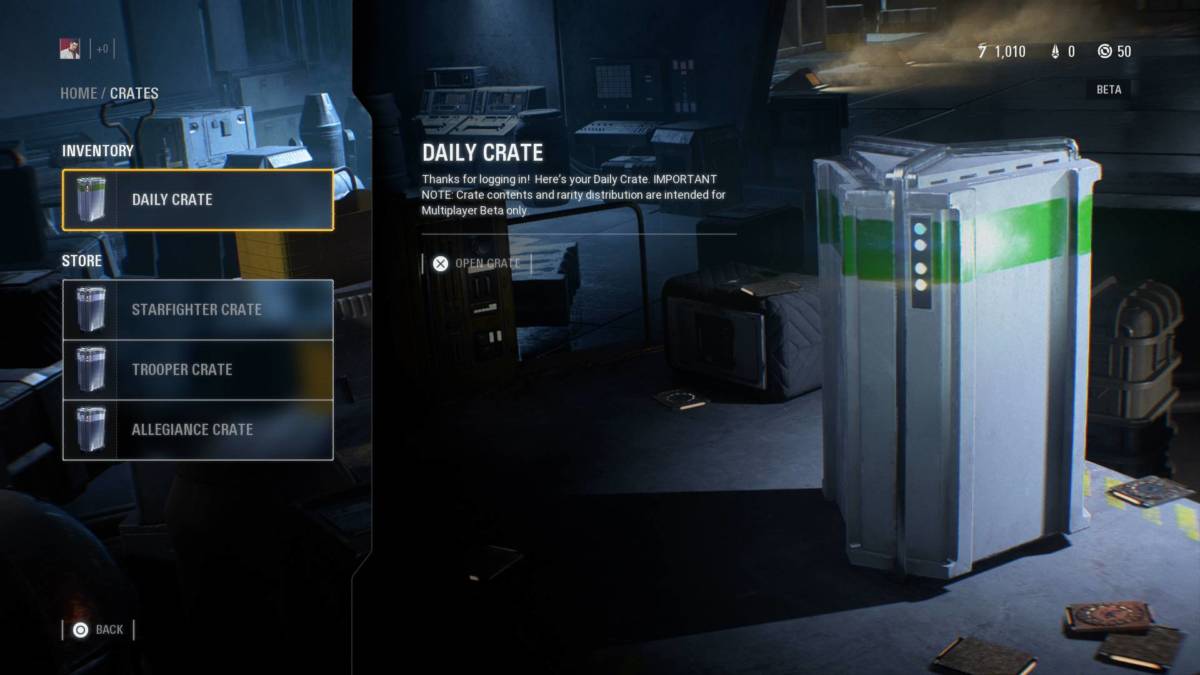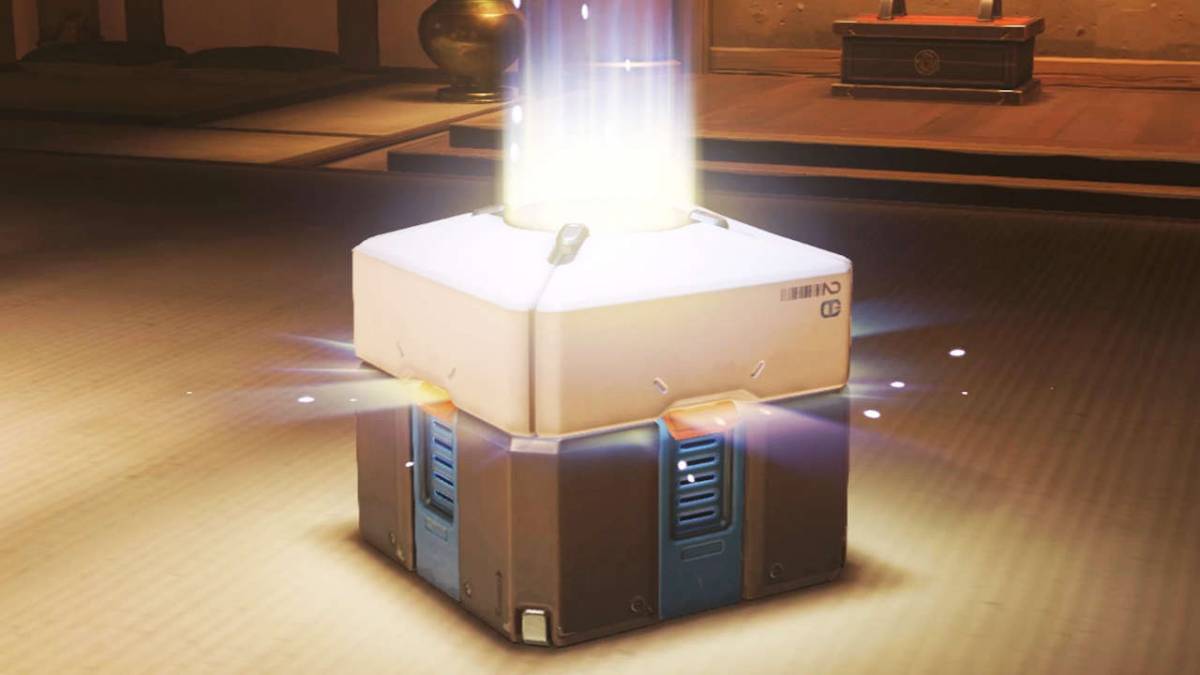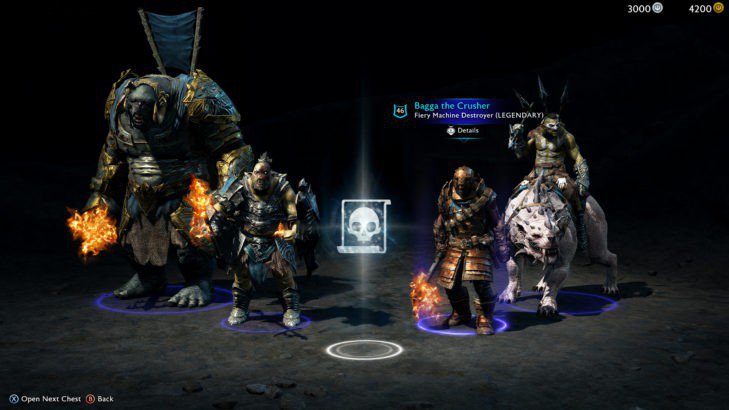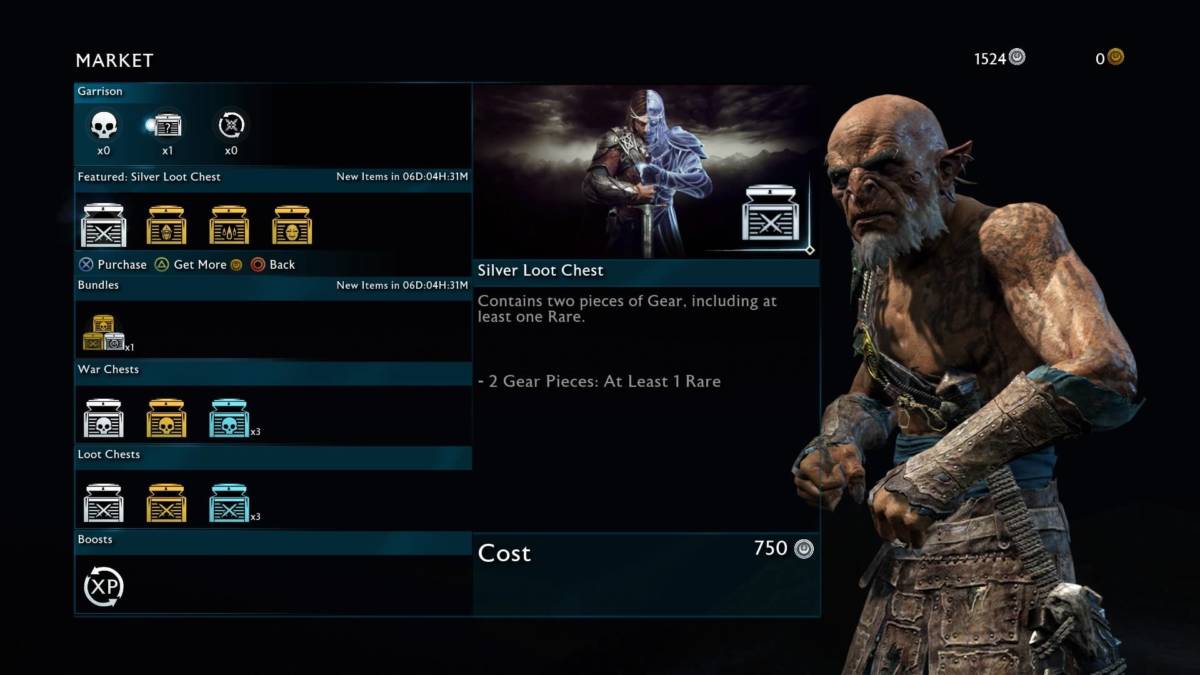In the light of the new legal and judicial trends that might affect the gaming industry, video game publishers are about to face a few tough decisions during the planning process of their future game releases.
One of these decisions regards the in-game loot boxes implementation. You see, recently there have been certain mood changes in the judicial perspectives of Netherlands and Belgium: the national authorities have officially defined loot boxes as games of chance and thus have forbidden their in-game selling. As a result, game developers and publishers will have to face a few important decisions regarding the implementation of loot boxes in their future/upcoming game releases. However, the Dutch and the Belgian decisions did not come out of nowhere. A few recent events have gradually set the background for the loot boxes ban.
A big scandal arose in the gaming industry during the end of 2017 through the beginning of 2018 due to a big number of unsatisfied players. What enraged these players and caused the dissatisfaction were the loot boxes that EA was planning to implement in its recent blockbuster game – Star Wars Battlefront II. Now, keep in mind that loot boxes existed long before the development of SW: Battlefront II. However, most of those boxes were features of free-to-play games, providing an alternative way for game developers to monetize their games. In general, there were two approaches in the video game market: game developers and publishers chose either to price their games 60+ USD or to set a lower price and add optional loot boxes. Of course, there were exceptions, but few of them applied to such well-known IPs as Star Wars.
Most loot boxes in 60+ USD games were providing cosmetic rewards that did not affect the player progression in any considerable way. Activision Blizzard’s Overwatch would serve as a good example. Needless to say, implementing loot boxes that affect the playing progression in a 60+ USD game did not work out well for EA. Soon after huge player protests, EA announced the withdrawal of loot boxes from SW: Battlefront II. Nevertheless, this case left a strong impact on the gaming industry. Less than a few months later, Netherlands declared some of the loot boxes to be gambling activity, forcing their withdrawal from games. Pandora’s Box was opened. Soon after, Belgium followed the same track and declared that loot boxes are a game of chance, which represents a form of gambling. The result is that some companies, such as Activision Blizzard, were obliged to remove loot boxes from their games.
The legal reason for banning loot boxes by the Belgian Gaming Commission was the Law of May 7, 1999 on games of chance, bets, gaming establishments and the protection of players, which explicitly states that all games of chance and bets and the exploitation of gaming establishments are prohibited unless they are licensed by the Kansspelcommissie. This law prohibits offering, promoting, as well as participating in these games, assuming you are aware of their unlicensed nature. Other applicable regulations include Book VI of the Belgian Commercial Code concerning Consumer Protection and Market Practices, as well as the Belgian Penal Code.
The definition states that games of chance are all activities that combine a direct or indirect payment by the player with the chance to win or lose something insofar that this chance depends, even partially, on coincidence.
Having established the factual and the legal background of the loot box ban, there are options that the game developers and publishers have at this point, both in regards to existing and upcoming games.
Option 1
Comply with the Commission’s decision and withdraw the loot boxes from existing games, as well as avoid implementing loot boxes in future releases of the games. In other words, this means changing the business model. It also means that game developers and publishers will have to rely on alternative ways of monetizing their games, such as microtransactions. Implementing these in a 60+ USD game, however, risks enraging the players if done in a wrong way. This is due to the fact that players who paid the full product price will not be able to properly feel the value of the game if other players will have pay-to-win options.
Option 2
Withdraw the affected games from the Belgian and Dutch markets. It also means that the sale of future games with loot boxes would have to be forbidden in those regions. Such an approach might prove itself ineffective. First of all, game publishers would have to take active measures that would allow them to make sure that their games are not offered or promoted in those regions. Second, other countries, as well as the European Union, might follow the approach of the Belgian and Dutch states and ban loot boxes, which would considerably shrink the customer markets of the video game publishers.
At this point, there is a large gap in the EU’s gambling regulations. There is no sector-specific EU legislation for gambling services. There are only generally applicable EU regulations, such as the Audiovisual Media Services Directive, the Unfair Commercial Practices Directive, the Distance Selling Directive, the Anti-Money Laundering Directive, the Data Protection Directive, the Directive on privacy and electronic communication, and the Directive on the common system of value added tax. All specific gambling regulations are adopted at each member state’s national level. However, most states are conscious that regulatory, societal and technical challenges related to gambling in the EU cannot be adequately met by countries acting individually. With national measures alone, individual EU countries are unable to provide individuals with effective protection due to the nature of the online environment and the often cross-border dimension of online gambling. It is only a matter of time before the EU decides to revise and update the gambling regulations.
Option 3
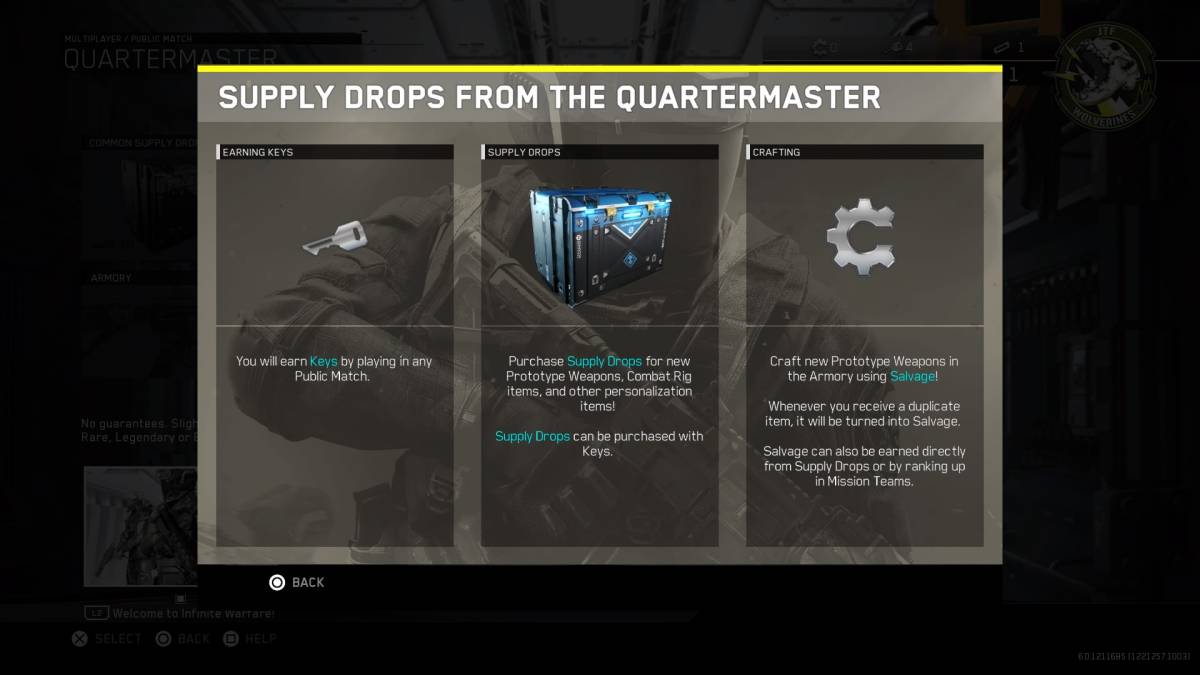
Appeal the decision. This option requires good preparation and, to be frank, a bunch of good lawyers. Though the regulations are pretty explicit regarding what a game of chance is and what requirements it sets, an experienced lawyer could still argue and put in doubt such aspects as, for instance, the applicability of these laws to loot boxes, the definition of loot boxes as game of chance, the non-monetary character of the loot etc. However, the risk of taking this approach is the overall mood of the players. As long as the majority of the gaming community is enraged on the mere nature of loot boxes, there is a chance that the regulators will modify the laws for future instances in case the appeal trial states that the relevant regulations are not applicable to loot boxes. In the end, laws exist to represent the interests and the values of the society. If these are obsolete, then the regulator has to take all the necessary steps in order to adjust these regulations to the needs and visions of the majority. With this in mind, as long as most of the community considers loot boxes abusive by nature, a positive appeal decision would prove itself a temporary solution at most.
Option 4
Obtain a license. Easier said than done. Obtaining a license assumes that the game publisher will undertake multiple additional obligations for which they will be liable before the licensing authority. The overall point of a license is to set a stricter control over the licensee’s professional activity in order to provide a better protection to vulnerable categories of people. For instance, a pharmacy needs a license due to the increased harm that a lack of responsibility on behalf of the pharmacy could cause to people that use the purchased medicine; a financial institution needs a license due to an increased risk of money laundering, terrorism financing, as well as due to the sensitive objects (which are the money and other financial assets) with which the company operates. We could go on, but I think the point is clear. In case of games of chance, the increased risk that motivates the need for licensing, among others, is the fact that it might create dependency, especially in case of minors. Therefore, if game publishers would prefer to keep the in-game loot boxes and add them to future games as well, they would have to apply for a license.
However, this is not as easy as it might sound. The licensing conditions differ depending on the state where the publisher is applying. In Belgium, for instance, the state holds a strong monopoly over the gambling activity. There is a limited number of licenses available. Thus, game publishers would have to compete for the chance of obtaining a license. Assuming the publisher manages to get the license, the real challenges would be just starting. As the old saying goes, with great licenses comes great responsibility. Or something close to that. Being granted a license means that the licensee agrees to take additional steps in order to guarantee compliance with legal regulations. For example, the game publisher would have to take proactive steps in order to make sure that the gambling activity would be available only to a certain age range; that the private data of players is properly protected; that the advertisement campaigns do not target vulnerable persons etc. The game publisher would also have to consistently collaborate with the Commission by regularly reporting and by providing information upon request.
Long story short, game publishers have the option to either comply with the decisions of Netherlands and Belgium state authorities, or to defy them. In the first scenario, the game publishers would have to either withdraw the loot boxes from their games, or to apply for a gambling license. In case they decide in favour of defiance, game publishers would have to either withdraw from the Dutch and Belgian markets, or to appeal the decision of the state authorities.
Which option will the game publishers choose? Only time will tell. Each option has its benefits and drawbacks. Whichever option they choose, there will be challenges and tough decisions to be made. A lot of variables have to be considered, each of them being exposed to sudden changes along the way. One thing is for sure though: in the next six to twelve months we will see considerable changes either in the game publishers’ behaviors and approaches, or in their business models.
Some of the coverage you find on Cultured Vultures contains affiliate links, which provide us with small commissions based on purchases made from visiting our site.

